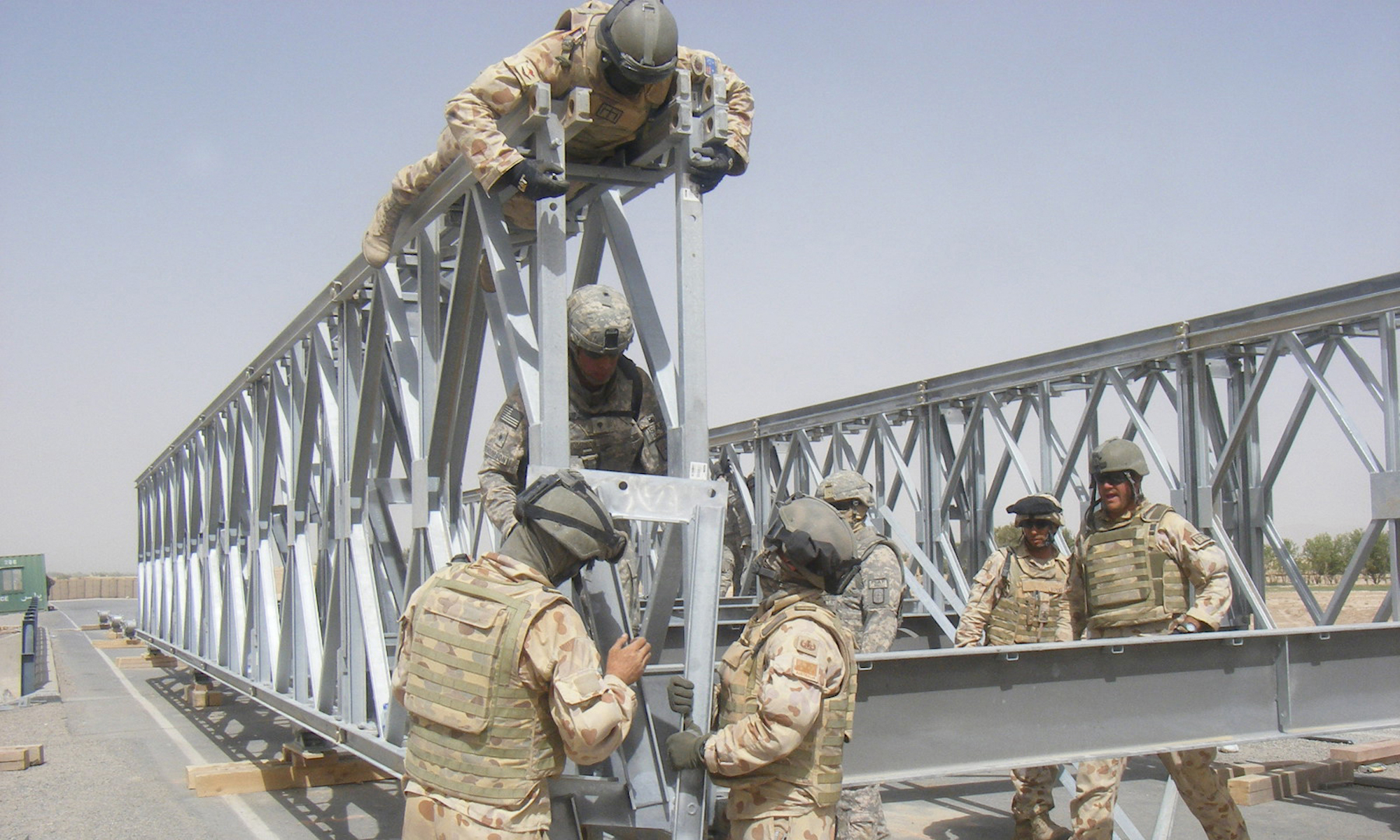Since the end of World War II, the norm of fixed borders-the proscription against foreign conquest and annexation of homeland territory-has gained prevalence in world politics. Although the norm seeks to make the world a more peaceful place, it may instead cause it to become more conflict prone. Among sociopolitically weak states-states that lack legitimate and effective governmental institutions-fixed borders can actually increase instability and conflict. Adherence to the norm of fixed borders can lead to the perpetuation and exacerbation of weakness in states that are already weak or that have just gained independence. It does so by depriving states of what was traditionally the most potent incentive to increase efforts of state building: territorial pressures. By creating conditions that are rife for the spillover of civil wars and by supplying opportunities for foreign predation, sociopolitically weak states in a world of fixed borders have become a major source of interstate conflict in much of the developing world. Investigation into one case, the war in Congo, reveals the plausibility and the potential force of this argument. Good fences indeed can make bad neighbors.

INSCT Postconflict Research Database
The Institute for National Security and Counterterrorism's Postconflict Research Database & Analysis Project stores cross-indexed bibliographic information on hundreds of journal articles, books, book chapters, and case reports that address the broad, interdisciplinary fields of postconflict reconstruction, stabilization, and peacebuilding.